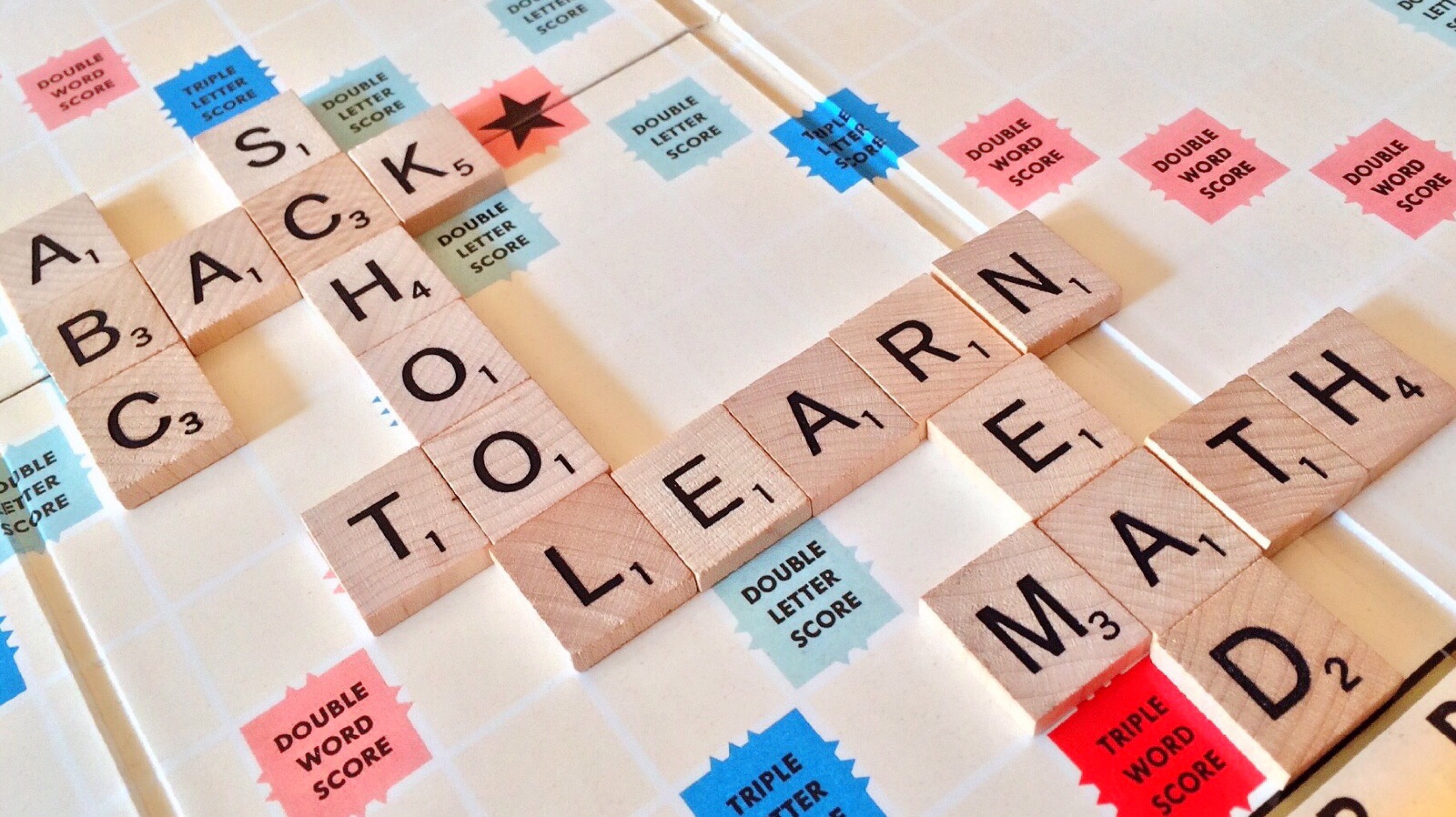A crash course on tendering in Nigeria

A) Bureu of Public Procurement (BPP) — The institution tasked with the regulation of activities as far tendering in Nigeria is concerned.
B) Tender — This refers to the formalized process of bidding for contracts. This can be loosely broken down into the following stages:
- Expression of Interest — Is an informal indication of interest to participate in the tendering process
- Pre-Qualification exercise — This refers to one of the initial stages in the tendering process. the major objective of this exercise is to evaluate the the financial, legal, technical capacity of the the bidders that have indicated interest in executing the project. Certain documents are required of the contracts in order to verify their financial and technical ability to execute the project
- Invitation to Tender — An Invitation to contractors to submit sealed bids to execute a project
- Tender Evaluation — The received bid are all matched to compete and the a winner emerges depending on the most important criteria (Price, Quality, Lead-time)
- Contract Award — A contract is awarded once the I’s get dotted and T’s get crossed with respect to the Service Level Agreement (SLA)
C) Service Level Agreement (SLA) — This agreement serves to correct the information asymmetry and clear out the grey areas regarding the what the client expects and what the service provider delivers
D) Request for Proposal (RFP) — The name already captures the meaning in its entirety. It is a formal call made from the procuring authority to contractors interested in undertaking a project to submit their proposals.
E) Request for Quote (RFQ) — A request made to contractors to provide pricing for a proposed project
This attempt being made here is to provide readers with a rudimentary grasp of how the Procurement process works. It is by no means a comprehensive material on everything you need to know about public procurement in Nigeria. Please feel free to add your knowledge (comments) to this as you deem fit to make this post a better educational resource.
If this post was enough to trigger your interest in activities withing the private and public procurement space in Nigeria, Sign-up to get daily real time updates on tenders in Nigeria.
